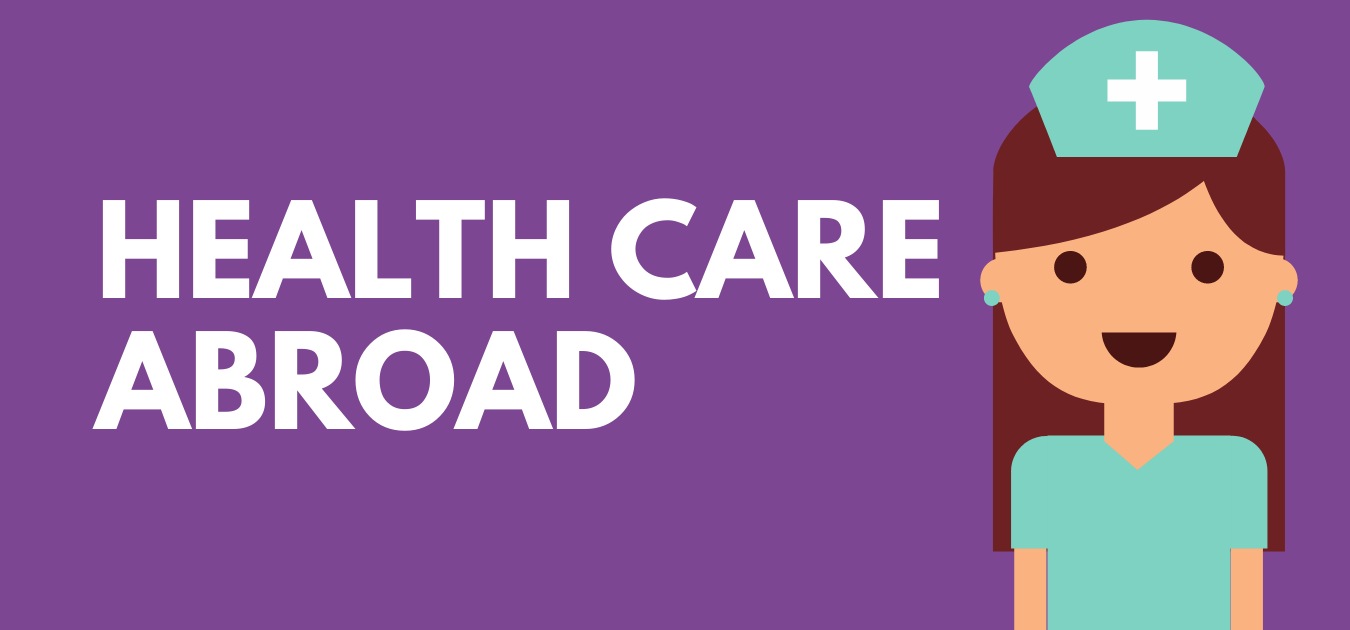To learn more about the individual experience within Costa Rica’s universal healthcare experience, we’re going back and sharing some student blogs from ICDS alum, Marissa Olson. Students in our health care programs learn a lot from the medical and administrative side, but Marissa got to see everything from a totally unique perspective, too- as a patient, herself.
During my time here I’ve learned a lot about the healthcare system in Costa Rica. Costa Rica has universal healthcare for everyone, but this doesn’t mean that healthcare is free like some people believe. In reality the majority of healthcare is paid for by the taxes of working people. It is a system of solidarity, which means that the people who can afford taxes pay for the people who cannot pay so that they can still receive care. In Costa Rica, there is a system called Caja, which is in charge of the public sector of the health of Costa Rica. The CCSS (Costa Rican Social Security) is a public entity that provides health services for the population. Healthcare here is broken down into three levels of care. At the first level, there is primary care, where people go to a health center in their community. The health center is called an EBAIS, which stands for Equipos Básicos de Atención Integral en Salud. In English, this means “Basic Comprehensive Teams.” All people in Costa Rica are assigned to an EBAIS, and that is their first point of care. There are EBAIS in all different parts of the country, and people go to a specific EBAIS in their community for primary care. If they need to go to the next level of care, they will get a referral from the EBAIS for a regional hospital or clinic. The next level of care is specialized, and this includes three national hospitals and five specialized hospital where patients need to be referred to go to.
This was taken outside of an EBAIS that we
Often to see a specialist a person has to wait around 6 months, and sometimes longer. In more rural communities, people need to consider travel time because they are not always close to a regional hospital or clinic. Even with universal healthcare, people still face many barriers. Healthcare and access to healthcare in every country are complicated and need to be continuously reformed.
After my second week in Costa Rica, I woke up in the middle of the night nauseous and immediately knew something was wrong. The following morning, I woke up to a text from my friend who was also sick. It was time to see a doctor. This is when I had my first experience receiving healthcare in Costa Rica. As an international student in Costa Rica, I had to make sure that I had health insurance that would cover healthcare while abroad. Often students are covered under the same insurance that they have in the United States, and if the insurance is not accepted at that time, the insurance company will reimburse later. Because my regular insurance does not cover me while I am abroad, I ended up getting GeoBlue international insurance. Due to having private insurance, I was able to go to a private hospital.
The hospital that we went to is the same hospital where we take classes. Clinica Biblica is the only non-profit hospital in Costa Rica. When we walked into the emergency room and told the receptionist what was wrong, she looked at the insurances that we had and had us fill out the information about ourselves. I had to call my insurance company and they were extremely helpful with making sure the hospital had everything they needed to cover my visit to the emergency room. I waited for about half an hour to see a doctor. During my visit, I was sent to have a blood test, and after an hour I received my results. Thirty minutes after receiving my results, my doctor gave me a prescription for antibiotics and a few other medications.
My doctor spoke English which made it easier for me to communicate how I felt and tell him my symptoms. I had to pay for the medicine, but my insurance said that it can be reimbursed later with the receipts and copy of the prescription. Overall, it was a much faster visit to the emergency room than it would have been in Philadelphia.
My experience with a private hospital was very good, but private hospitals have hardly any patients compared to public hospitals. This is because most people only have the public insurance because Costa Rica has a universal healthcare system. This causes public hospitals to have more challenges, such long wait times. In my next blog, I will explain more about the universal healthcare system in Costa Rica.


